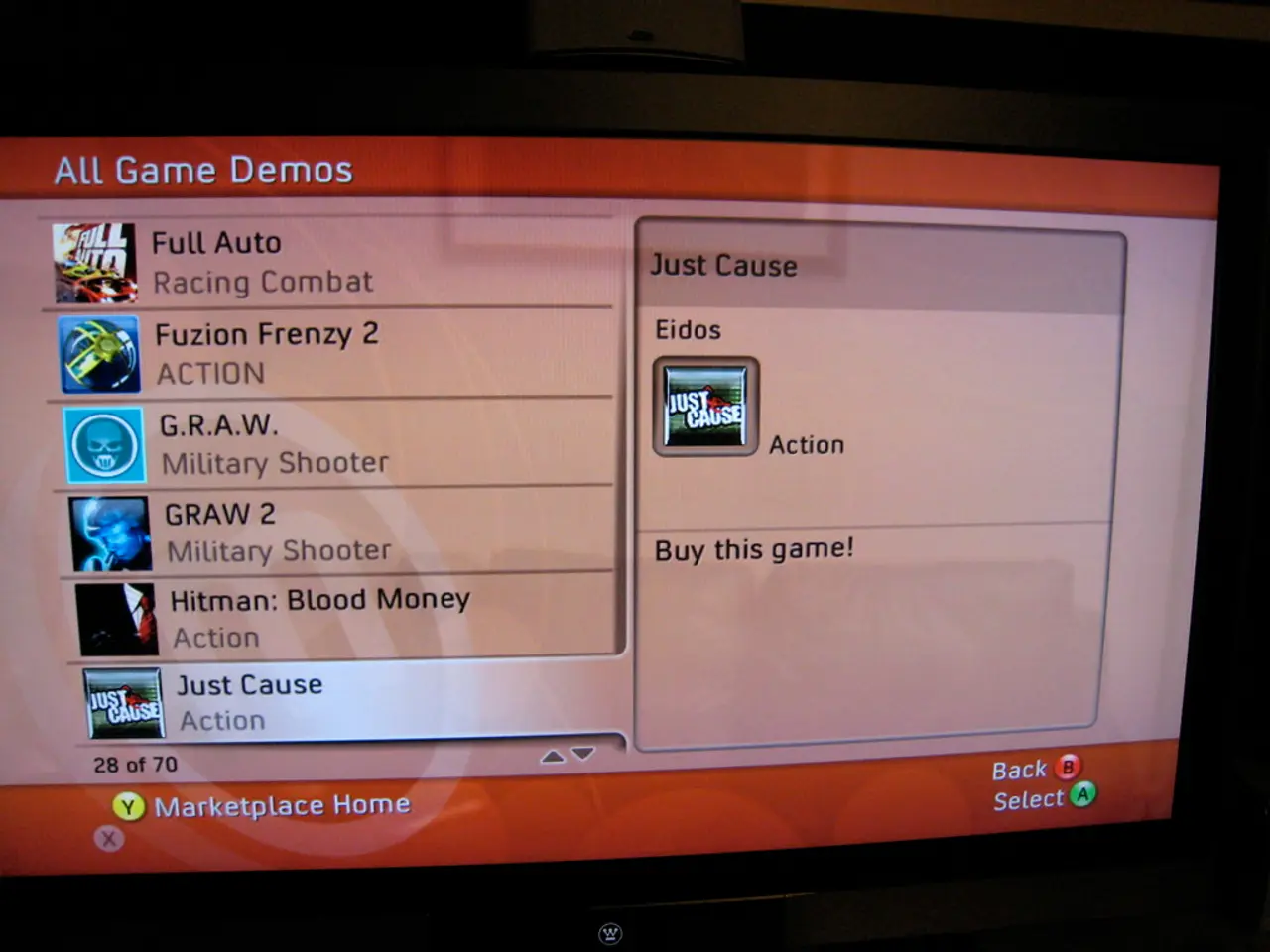Is a proficiency in coding essential for a career in Game Design?
In the dynamic world of game development, the role of a Game Designer is as multifaceted as it is fascinating. Beyond the creative thinking, writing, communication, brainstorming, and collaboration that are commonly associated with the profession, remarkable game designers also require a diverse set of essential skills to excel.
Firstly, technical and analytical abilities are crucial. Mastery of at least one major game engine such as Unity or Unreal Engine is essential. Basic scripting and the ability to tweak and build prototypes are also vital. Analytical skills are needed to balance game mechanics through data, spreadsheets, and player feedback. This blend of creativity and logic is crucial to stand out in the industry.
Secondly, narrative and storytelling skills are indispensable. Great game designers are essentially natural storytellers who integrate stories into gameplay. They possess strong narrative thinking and character development to emotionally ground game mechanics, and world-building skills to create immersive settings.
Thirdly, user experience (UX) and interaction design are key. Game designers should be able to shape intuitive user experiences and flawless UI/UX from concept to delivery. Proficiency with prototyping tools is essential to experiment with interactions and designs. Focus on user testing and research is vital to keep players at the core of design decisions.
Fourthly, reasoning and problem-solving skills are vital. Game designers need strong reasoning to solve complex problems from first principles. Attention to detail is necessary to identify and address critical elements that affect gameplay. The ability to structure ideas sharply and avoid bias in design decisions is also essential.
Fifthly, drive and professionalism are crucial. High ambition, initiative, effort, and tenacity are required. A strong sense of responsibility and a commitment to raising personal standards continually are also essential.
Sixthly, visual design and animation understanding are beneficial. Skills related to animation pipelines and 2D asset creation enhance the ability to bring characters and UI to life. Familiarity with motion design tools is a plus for engaging dynamic elements.
In addition to these technical skills, game designers also need soft skills such as visual sketching and prototyping using tools like Miro or Figma to communicate ideas more effectively. Clear and reliable communication in team environments is often valued above specific technical skills for junior roles.
A Game Designer is responsible for the creative aspects of a game, working with roles such as Programmer, Artist, Writer, Composer, Sound Designer, Tester, and Producer. They are also responsible for writing the Game Design Document (GDD), which includes everything about the game down to tiny details, and should be proficient in language to convey their ideas effectively.
While coding is not always necessary for Game Designers, as there are technical team members to handle that aspect of game development, some influential Game Designers believe that an all-around Game Designer should be familiar with all skills involved in game making. Effective communication is crucial for Game Designers to accurately convey their ideas to other team members, especially Artists.
The Tester plays the game to identify bugs and help rectify them, while the Producer oversees the entire game development process and has a say in everything. A Composer and Sound Designer work together to create sound effects and music for the game, and an Artist is responsible for the artistic pursuits of the game. A Writer is responsible for creating the storyline of the game.
Collaboration with other team members can lead to the discovery of new ideas and solutions during game development. To become a successful Game Designer, one should possess or develop skills such as creative thinking, writing, and understanding various fields like animation, anthropology, architecture, brainstorming, business, cinematography, communication, creative writing, economics, engineering, history, mathematics, management, music, psychology, public speaking, sound design, technical writing, and visual arts.
For those aspiring to become Game Designers, there are educational opportunities available. Monolith offers an Advanced Diploma in Game Development, where students can learn from experienced faculties and gain confidence in their skills to become successful Game Designers. With these essential skills and a passion for creating engaging and immersive experiences, the world of game design offers endless opportunities for creativity and innovation.
[1] https://www.gamasutra.com/blogs/CameronKunzelman/20180522/300035/The_remarkable_game_designer.php [2] https://www.gamasutra.com/blogs/AlexanderMouat/20190826/310164/The_Game_Designers_Handbook__The_Role_of_the_Game_Designer_in_Game_Development.php [3] https://www.gamasutra.com/blogs/JasonVandenBerghe/20180123/300745/The_Game_Designers_Handbook__The_Role_of_the_Game_Designer_in_Game_Development.php
Education and self-development are essential for aspiring game designers. Pursuing online education in game design can provide the necessary skills to succeed in the field, such as learning about game engines, scripting, prototyping, analytics, narrative and storytelling, user experience, problem-solving, and visual design. Career development can also benefit from professionalism, communication, and collaborative skills to effectively communicate ideas to team members, contribute to team environments, and leverage collaboration for new ideas and solutions.




